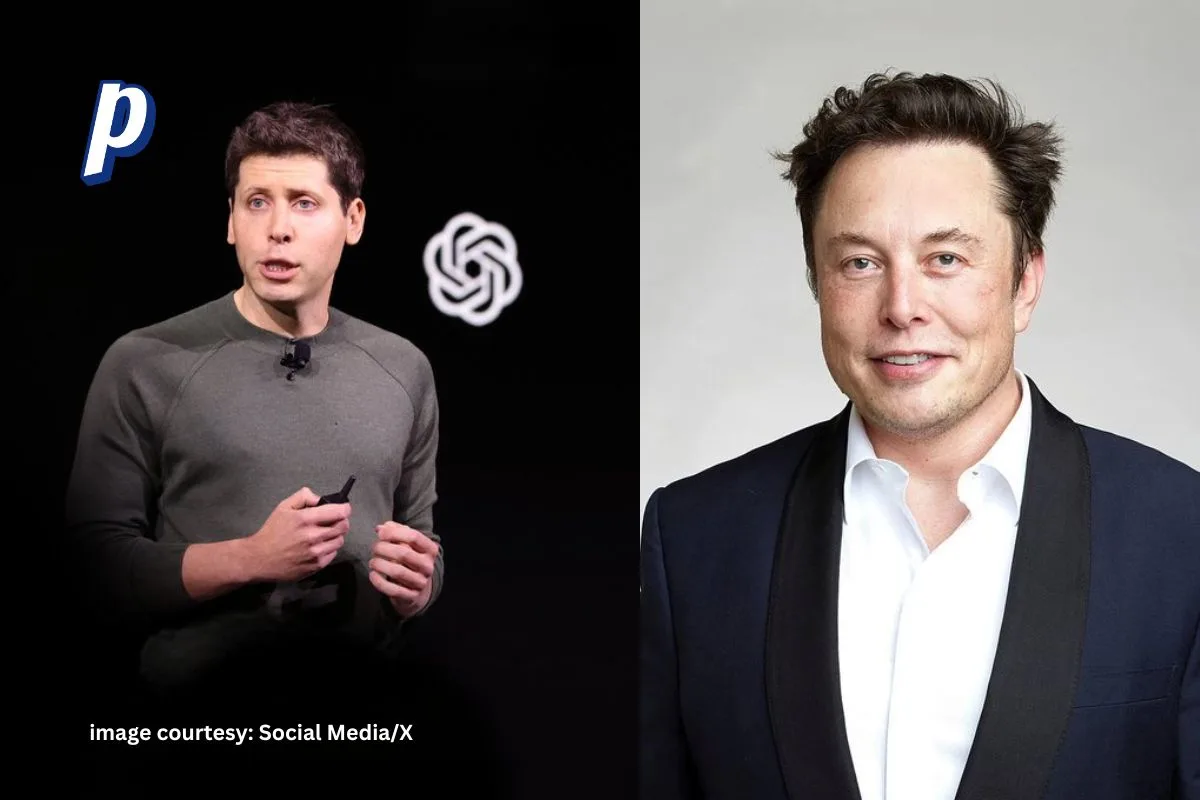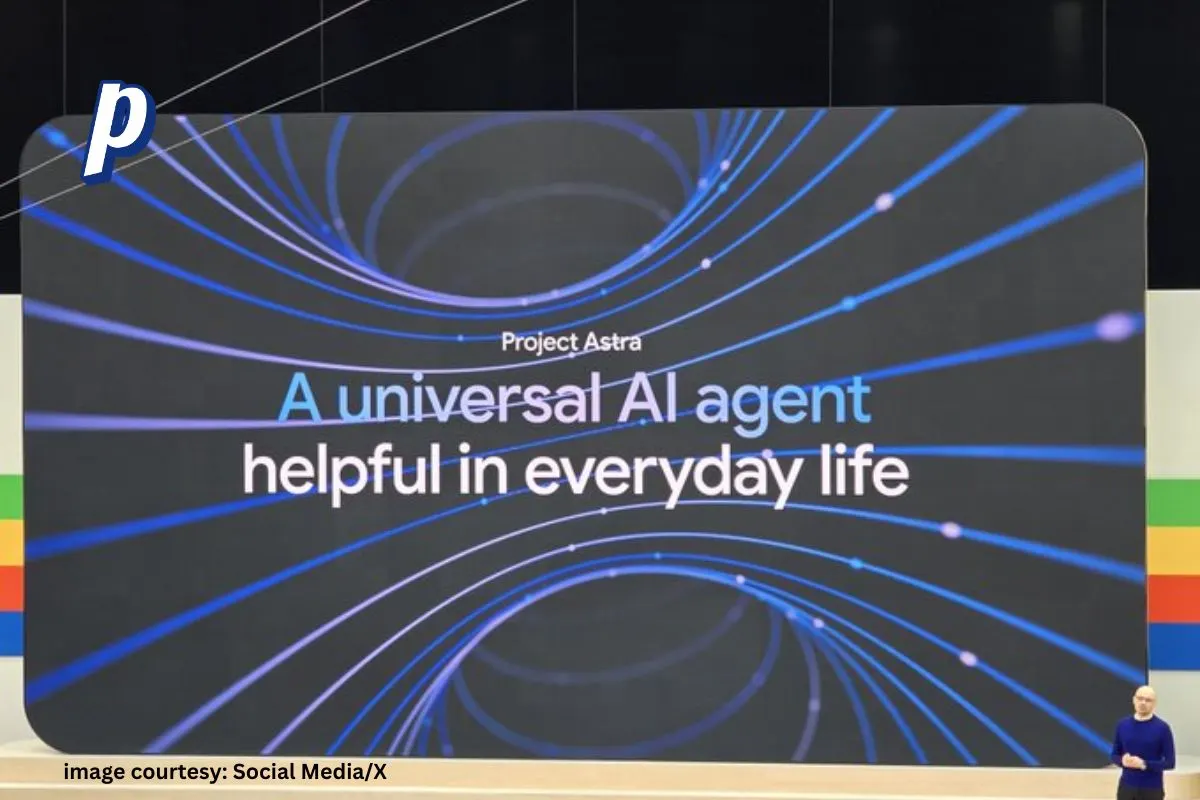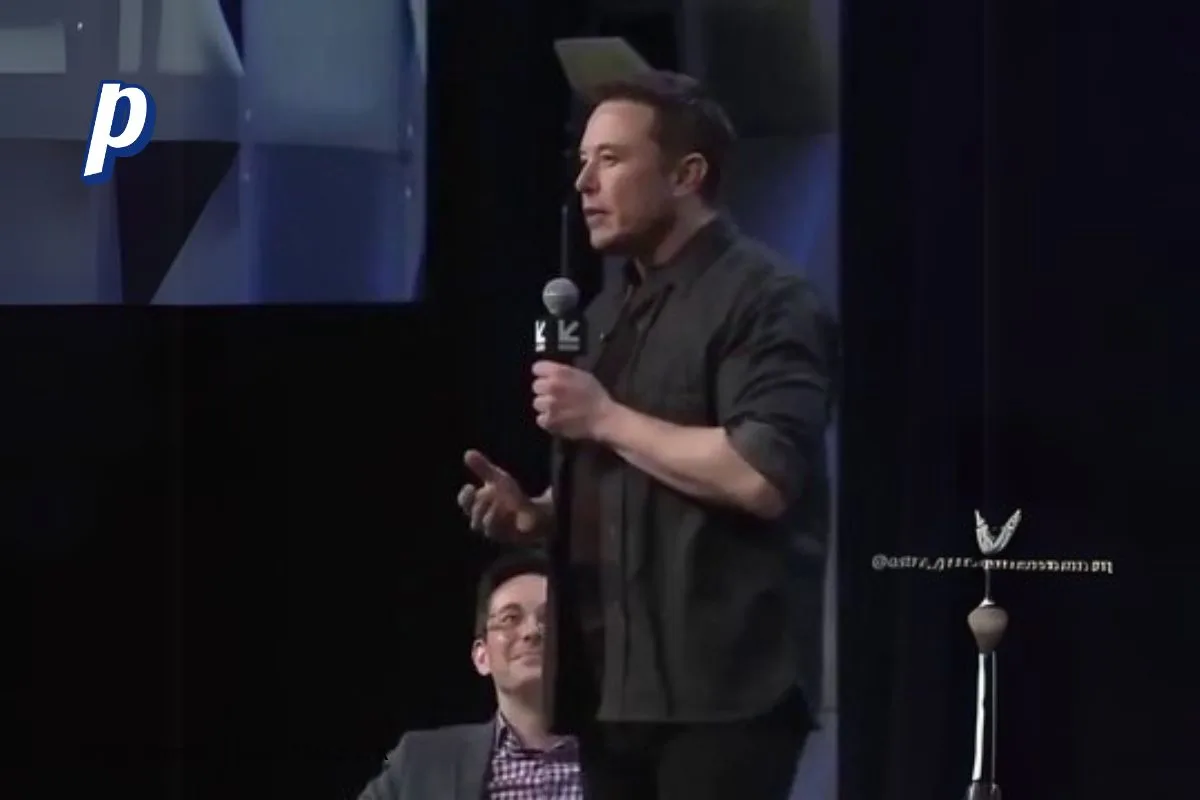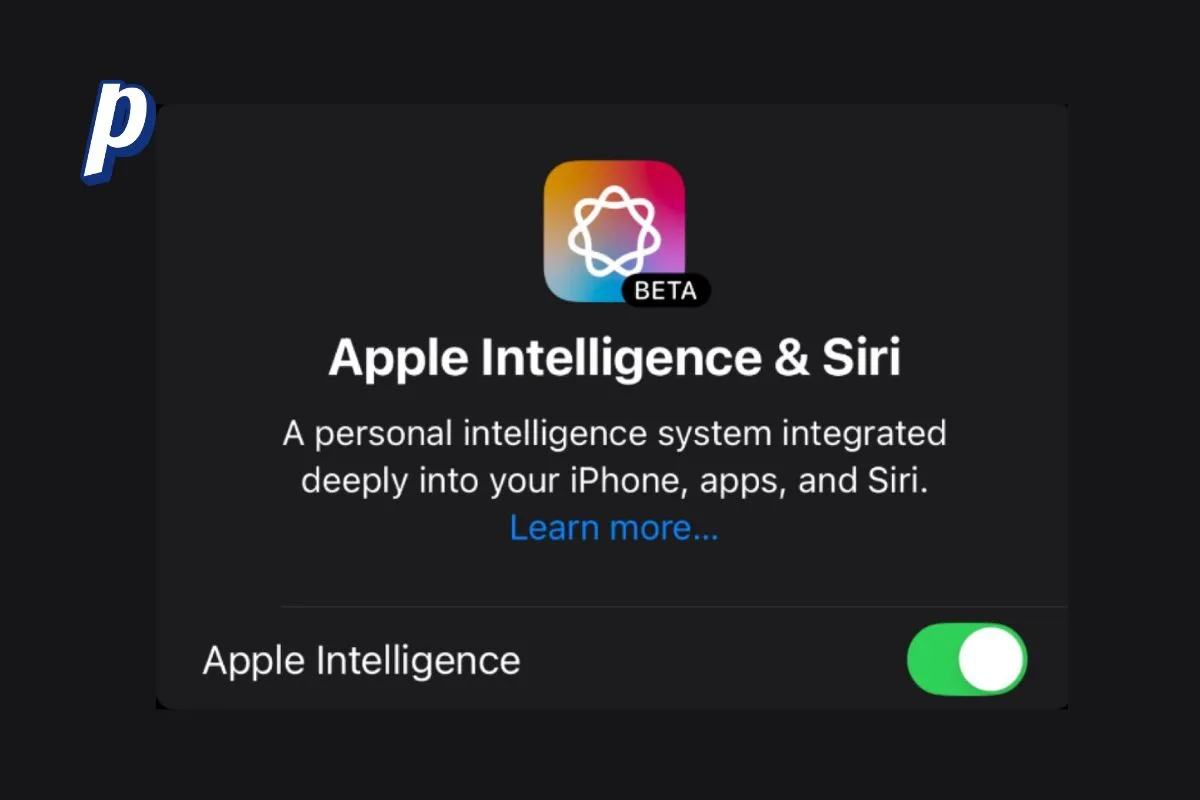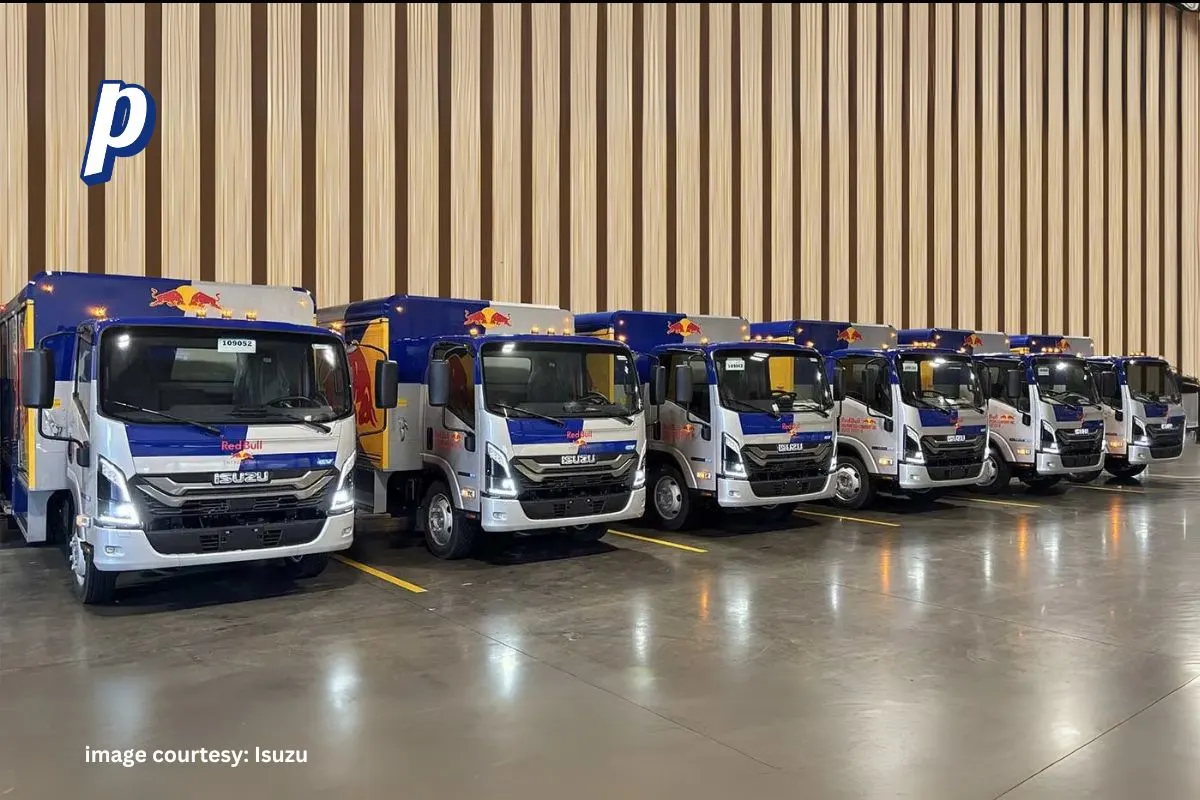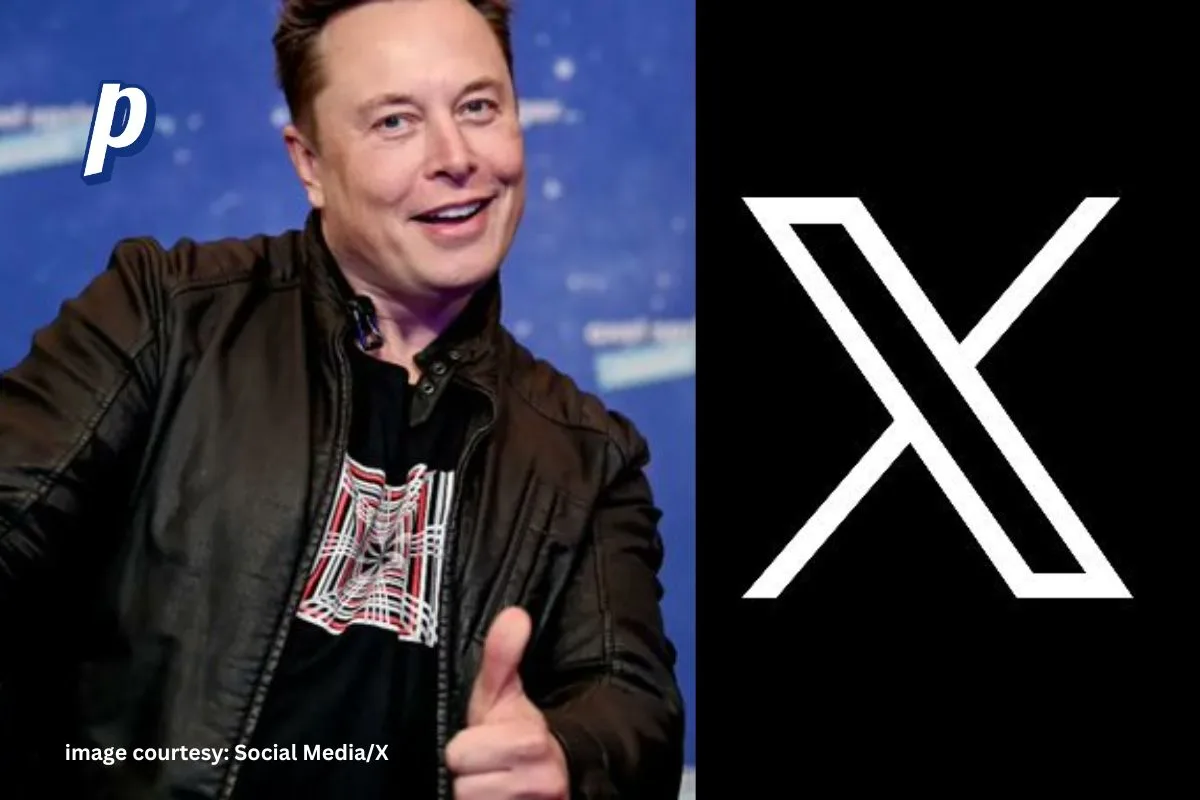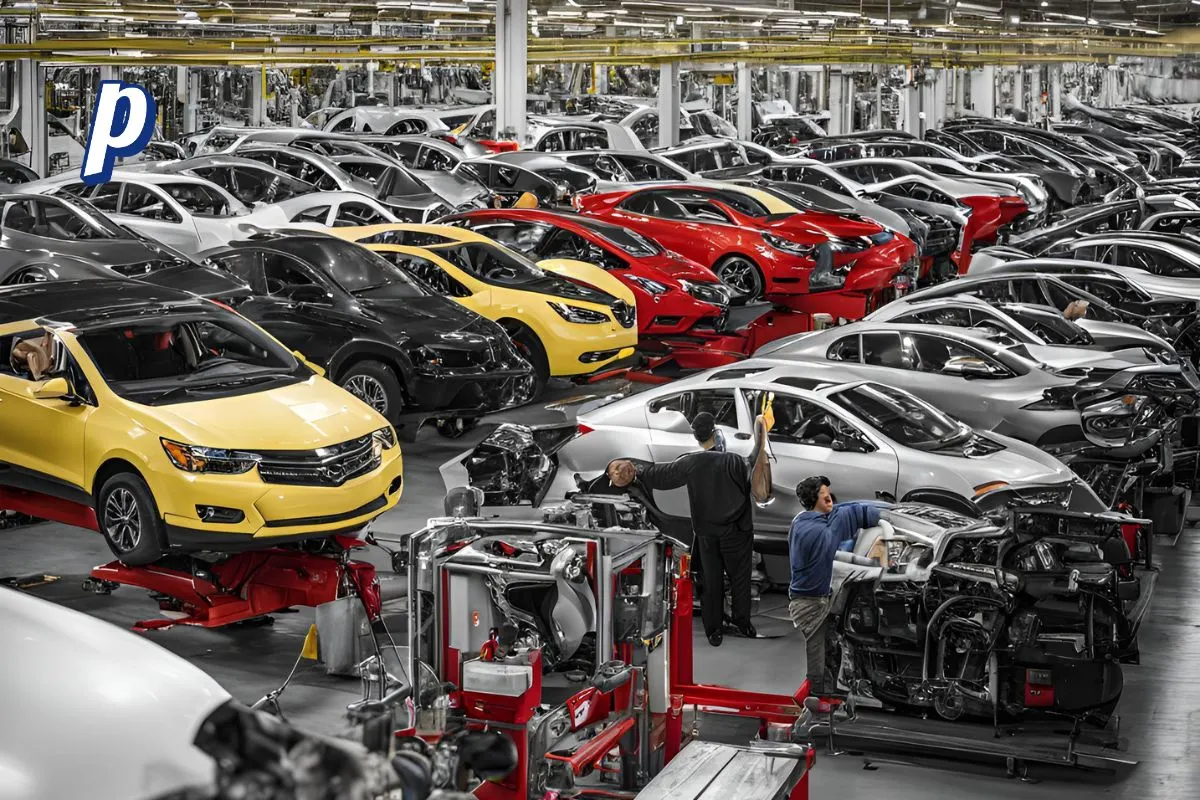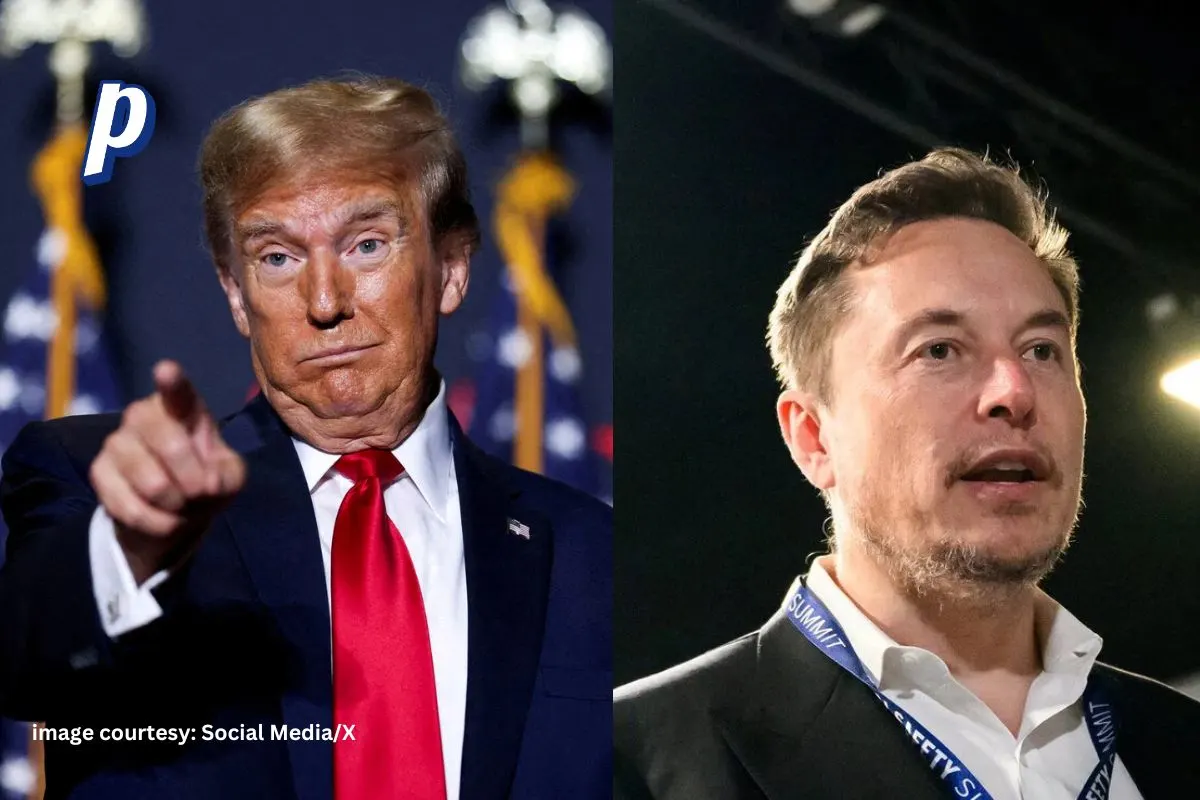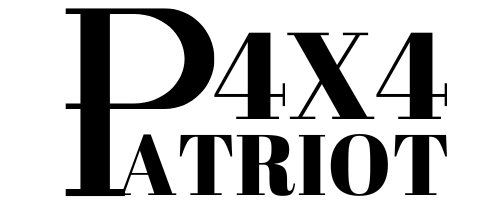The debate surrounding OpenAI’s transition to a for-profit company has taken another turn, with nonprofit Encode stepping into the fray. Encode, best known for its advocacy on AI safety and ethics, has requested permission to file an amicus brief supporting Elon Musk’s injunction to halt OpenAI’s controversial restructuring.
Why Encode Opposes OpenAI’s Transition
In its brief, filed with the U.S. District Court for the Northern District of California, Encode argues that OpenAI’s shift to a Delaware Public Benefit Corporation (PBC) threatens its mission of ensuring advanced AI technologies remain safe and publicly beneficial.
Read more: Will the Supreme Court Save TikTok? The Final Showdown Looms
“OpenAI’s move would undermine its stated commitment to develop transformative technology in a way that prioritizes public safety,” Encode’s counsel wrote.
Encode highlights key concerns:
- Mission Drift: By prioritizing financial returns for investors, OpenAI risks losing focus on AI safety and public benefit.
- Reduced Oversight: As a PBC, OpenAI’s nonprofit board would lose its ability to cancel investors’ equity if safety concerns arise.
- Public Harm: A for-profit model could incentivize competition over collaboration, making advanced AI more dangerous.
The organization also fears that OpenAI’s restructuring would allow the company to operate like a typical corporation, despite the existential risks tied to artificial general intelligence (AGI).
The Backstory: OpenAI’s Shift from Nonprofit to For-Profit
OpenAI was founded in 2015 as a nonprofit, with Elon Musk among its early contributors. However, as AI development became more resource-intensive, OpenAI adopted a hybrid structure. This allowed it to take on investments while retaining nonprofit oversight.
Recently, OpenAI announced plans to transition fully into a PBC, which would allow it to issue stock and attract even more funding. While the nonprofit will retain shares in the new entity, it will relinquish control over OpenAI’s operations.
Musk, who now runs his own AI startup, xAI, filed suit in November, alleging OpenAI has abandoned its original philanthropic mission.
Who Else Opposes OpenAI’s Transition?
Encode isn’t the only entity raising alarms. Meta, Facebook’s parent company and a rival in the AI space, sent a letter to California Attorney General Rob Bonta in December warning that OpenAI’s conversion could have “seismic implications for Silicon Valley.”
OpenAI, meanwhile, has dismissed Musk’s claims as “baseless” and motivated by competition.
What’s at Stake?
Encode’s brief warns of significant consequences if OpenAI’s transition proceeds:
- Safety Risks: Without legal obligations to prioritize safety, the company could focus solely on profits.
- Competition Over Collaboration: OpenAI’s current commitment to collaborate with safety-conscious AGI projects may disappear under a PBC structure.
- Erosion of Public Trust: Critics fear the transition could diminish public confidence in how AI technologies are developed and deployed.
Miles Brundage, a former OpenAI policy researcher, echoed Encode’s concerns, tweeting that OpenAI’s nonprofit risks becoming a “side thing” while the PBC operates as a typical corporation.
Encode’s Vision for AI Safety
Founded by high school student Sneha Revanur in 2020, Encode has become a prominent voice in AI ethics, contributing to legislative initiatives like the White House’s AI Bill of Rights and President Biden’s executive order on AI. Encode believes the public’s interest in safe AI development should outweigh corporate profits.
Read more: Mega Millions Jackpot Soars to $1.22 Billion: Will You Be the Next Billionaire?
“OpenAI’s fiduciary duty to humanity would evaporate,” Encode’s brief warns. “The public interest would be harmed by a safety-focused nonprofit ceding control to a for-profit enterprise.”
What’s Next?
The court’s decision on Encode’s amicus brief and Musk’s injunction could shape the future of AI governance. As the world watches, the case raises fundamental questions about how transformative technologies like AI should be developed and who gets to decide their purpose.
Stay updated with the latest on AI governance and technology ethics at patriot4x4.com
